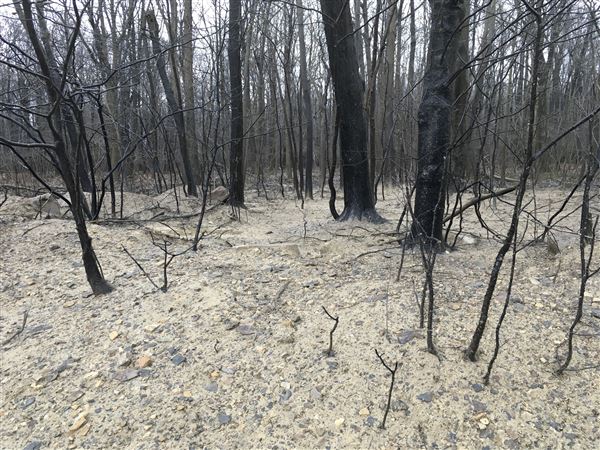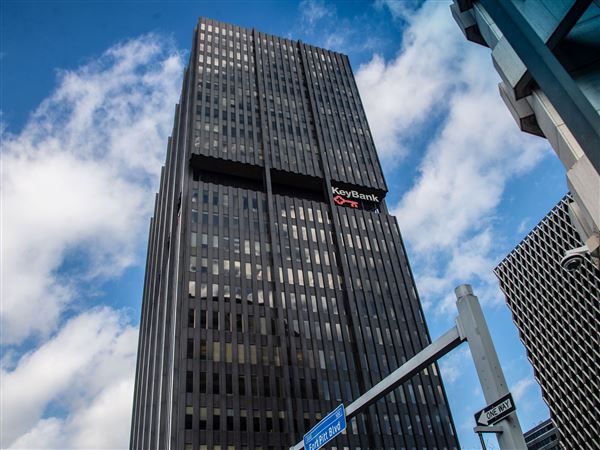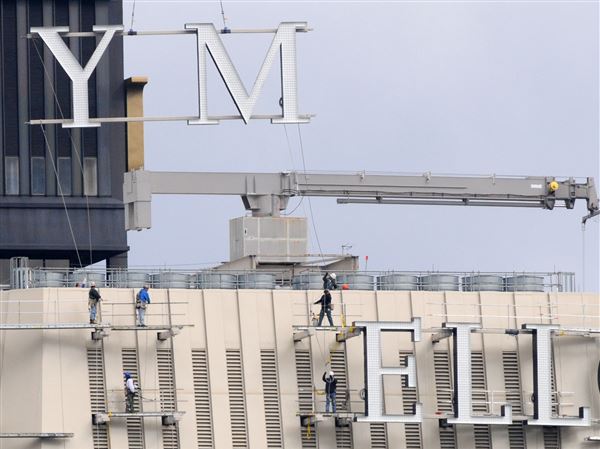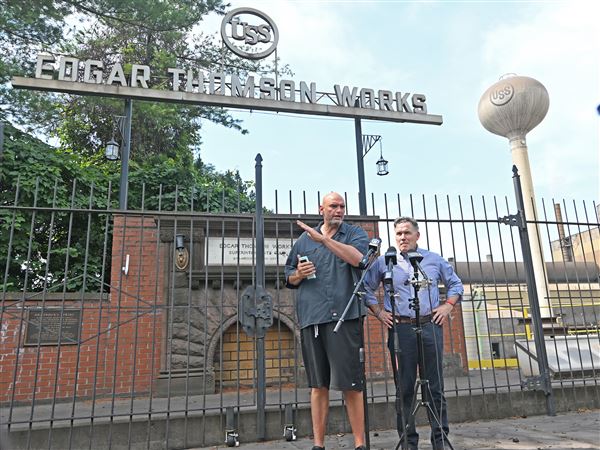FirstEnergy Corp. promised state regulators it would fix some of the more pressing issues they found in a performance audit released earlier this year, according to documents the company filed last week with the Public Utility Commission.
The Akron-based energy company responded to regulators on issues related to customer service, maintenance backlogs and meter reading among its four electric utilities. Pennsylvania auditors had found that management inefficiencies were costing the company an estimated $19.2 million and at least an additional $3.7 million annually.
In the filing, FirstEnergy outlined a combination of fixes, including plans to hire more workers and to use better technology.
By August, the company said, it would have an effective program to improve tracking damages to power lines. State regulators had expressed concern that most incidents of reported line damage did not have a cause.
While the utilities have had an established process to investigate all incidents, the company said they would use a new software system that can more easily capture detailed records and summarize trends on an individual level.
The company also said it would use “roving” meter readers who move among different areas to fill short-term needs. FirstEnergy said it plans to hire more meter readers to visit customers who have seen estimated readings for several months in a row on their bills, which often means a meter reader has trouble accessing the meter.
Last year, 1,311 meters went at least six consecutive months with estimated readings and 200 had gone a full year without an in-person check, the company reported. FirstEnergy set a goal of cutting the six-month backlog by 93 percent by 2018 and eliminating the 12-month backlog entirely by 2017.
Across its four utilities, FirstEnergy grew its total meter reading workforce by 38 percent to 267 on April 30. There are plans to hire additional readers in West Penn Power and Penelec’s territories.
The audit findings, which were released publicly in February, were particularly critical of West Penn Power’s customer service performance. It noted that from 2008 to 2013, West Penn Power’s rate of abandoned calls was almost twice the average rate among FirstEnergy’s utilities statewide, and the rate of calls answered within 30 seconds lagged far behind. In 2013, the audit found, West Penn representatives answered 69 percent of calls within 30 seconds, while the average was 80 percent.
The company said in the May 29 filing it expects “significant improvement” in customer service, and that West Penn representatives this year had answered 80 percent of calls within 30 seconds.
It noted a significant number of customer service representatives had left the company recently due to the overtime and rigors associated with handling customer calls during extreme weather events.
Regulators have been skeptical that FirstEnergy will follow through.
In the March 30 order requiring the company to submit more information within 60 days, it also required annual progress reports for the next three years on its broader plan to address the audit’s more than two dozen recommendations.
Commissioner James Cawley said many of the most recent audit’s recommendations related to previous audit findings that have gone unfixed.
“Maintaining the status quo is no longer acceptable,” Mr. Cawley wrote in a statement. “Rather than impose fines at this time, the companies are directed to use their financial resources to expedite correction of these longstanding performance issues.”
The commission granted FirstEnergy’s request for an extension of the 60-day deadline to allow more time to gather information on four of the recommendations the state highlighted. The company has until July 13.
Daniel Moore: dmoore@post-gazette.com, 412-263-2743 and Twitter @PGdanielmoore.
First Published: June 3, 2015, 4:00 a.m.
















